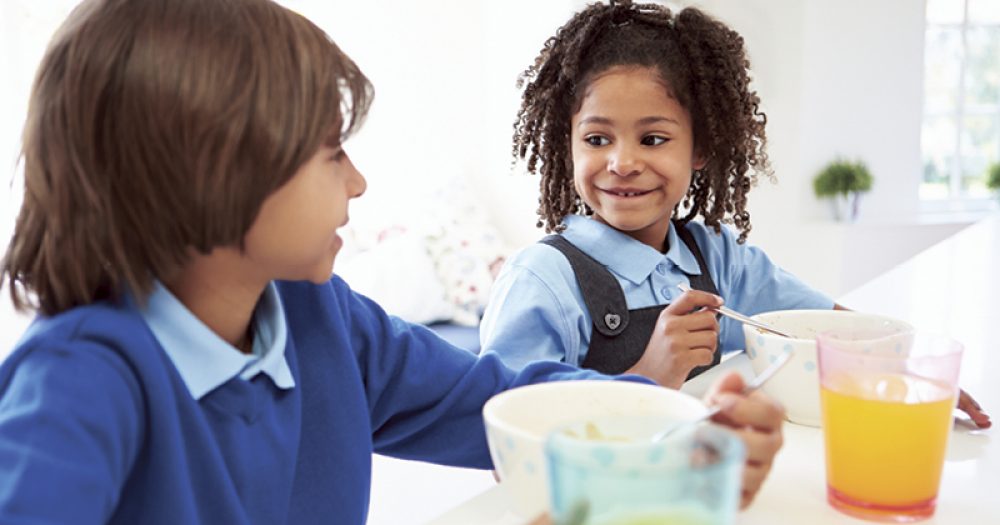Up to 750 schools will be invited to take part in an “early adopter scheme” as part of the government’s pledge to fund free breakfast clubs in every primary school in England.
This will be open to state-funded schools with primary-aged pupils and will aim to “test and learn what works ahead of a national rollout”, government guidance issued today said.
Labour made a manifesto commitment to provide free breakfast clubs in “every primary school, accessible to all children”. It has costed the scheme at £315 million and said this would be met from closing non-dom tax loopholes.
The early adopters scheme will focus on how clubs can be delivered in a way that builds on what is already happening in schools, meets the needs of parents, and ensures students “start the day ready to learn”, the Department for Education added.
The DfE said it will work with sector to consider the best approaches to delivering the policy.
Further information on how schools can take part in the scheme, and the model this will follow, will be shared in the second half of the autumn, DfE added.
“Early adopter schools will be confirmed by early 2025 and the scheme will launch in the summer term (April 2025),” it said.
Chancellor Rachel Reeves said today this is an “investment in our young people, an investment in reducing child poverty, an investment in our economy.
“And an investment so that in years to come, we could proudly say we left behind a Britain where the next generation has a chance to do better than those who came before it.
“That is the Britain we’re building, the Britain I believe in.”
Reeves has made an initial £7 million of funding available for the rollout of the clubs in April next year, a Labour Party press release said.
Schools that want to find out more about becoming an “early adopter” can sign up using this expression of interest form.
The government has pledged to introduce a “children’s wellbeing bill” in the next year, including the requirement for free breakfast clubs in every primary school.
When the then shadow education secretary Bridget Phillipson announced the policy in September 2022, she said it would be the “first step on the road to a modern childcare system” and would “drive up standards in maths, reading, and writing”.
It was also announced in July that education secretary Phillipson will co-lead a new ministerial taskforce to help develop a child poverty strategy.














Your thoughts